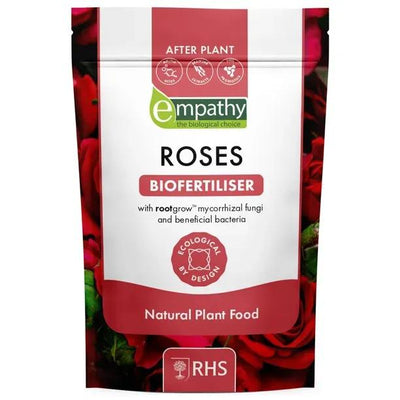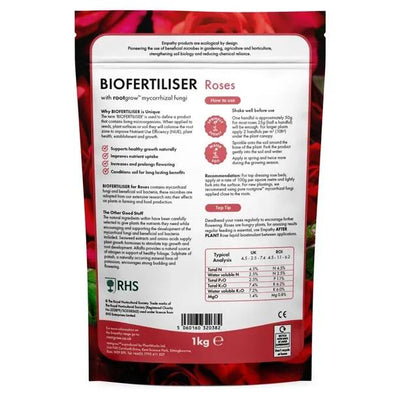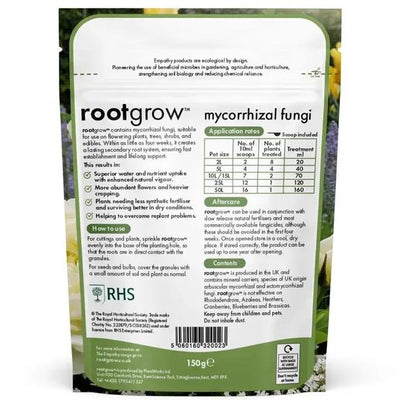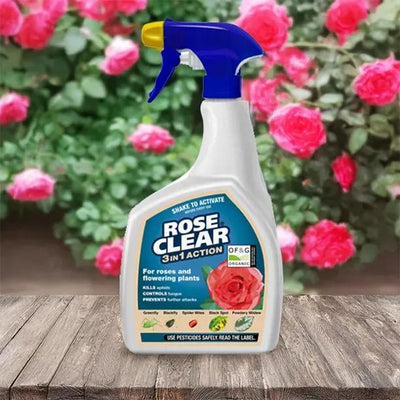About Buff Beauty Rose Bushes
Buff Beauty Rose Bushes
Buff Beauty is one of the most famous of the hybrid musk roses. It's a large shrub rose reaching 5ft but it can also be trained as a small climber when it can touch 7ft. In summer, between June and September, it's covered in clusters of small, scented double flowers. Part of this rose's charm is that their colour can be a bit variable. The same bush can carry blossom that ranges from apricot (sometimes) through primrose to a warm pale yellow and finally a gentle cream. Top the looks off with good scent and the whole effect is sensational. Buff Beauty is another of those "must have" roses; it's beautiful, scented, good with diseases and is altogether such a good rose that, nearly 100 years on it still holds an RHS Award of Garden Merit. Given the competition, this makes it a really outstanding rose.
If your plans include shrub roses then Buff Beauty should be on your short list of yellow varieties. Take a look at our full list of roses here.
Great for your garden
Buff Beauty does best in full sun which heightens its perfume, but it's as tough as old boots and can cope with a little shade and cold feet. Because it's a shrub rose, it can handle a bit of shade. No rose will grow in the dark, but Buff Beauty is better than most in this regard. In the right position, this is a rose that will form a well-rounded bush about 5ft tall and maybe 4ft wide (1.5m x 1.2m) so it's of a size to look good in the middle of a rose border. Another treatment is to grow it against a wall or small fence. It can be trained flat against a wall - a little bit like Cotoneaster horizontalis and it looks fantastic against red brick or grey stone. However you grow it, do not hide it away - it's simply too beautiful.
Rosa Buff Beauty facts
- Type: Hybrid musk
- Colour: Gentle shades of yellow and gold
- Flower shape: Small but fully double
- Fragrance strength: Good
- Final height and spread: 5ft x 4ft
- Flowering season: All summer
- Repeat Flowering: Yes
- Disease resistance: Good
- RHS AGM
History & Trivia
Buff Beauty was probably bred by the Rev. Joseph Pemberton (the father of hybrid musk roses) somewhere around 1918-1920. However, he kept the secret well as it was only introduced to the public (13 years after his death) by Ann Bentall in 1939. She had worked for Pemberton and it was to her that he left his nursery in Romford when he died.












 Secure, One-Tap Checkout
Secure, One-Tap Checkout
 Hand Picked, Delivered to Your Door!
Hand Picked, Delivered to Your Door! 1 Year Bareroot Guarantee
1 Year Bareroot Guarantee








